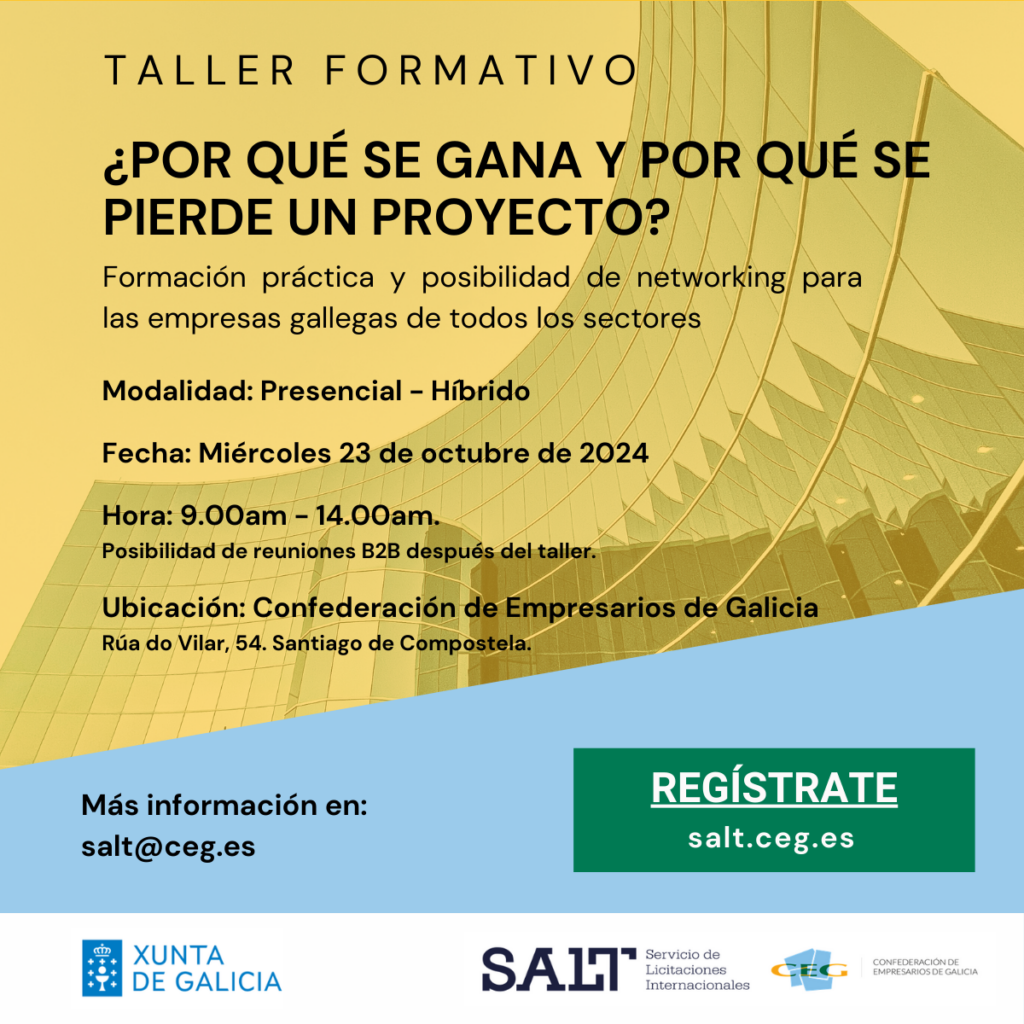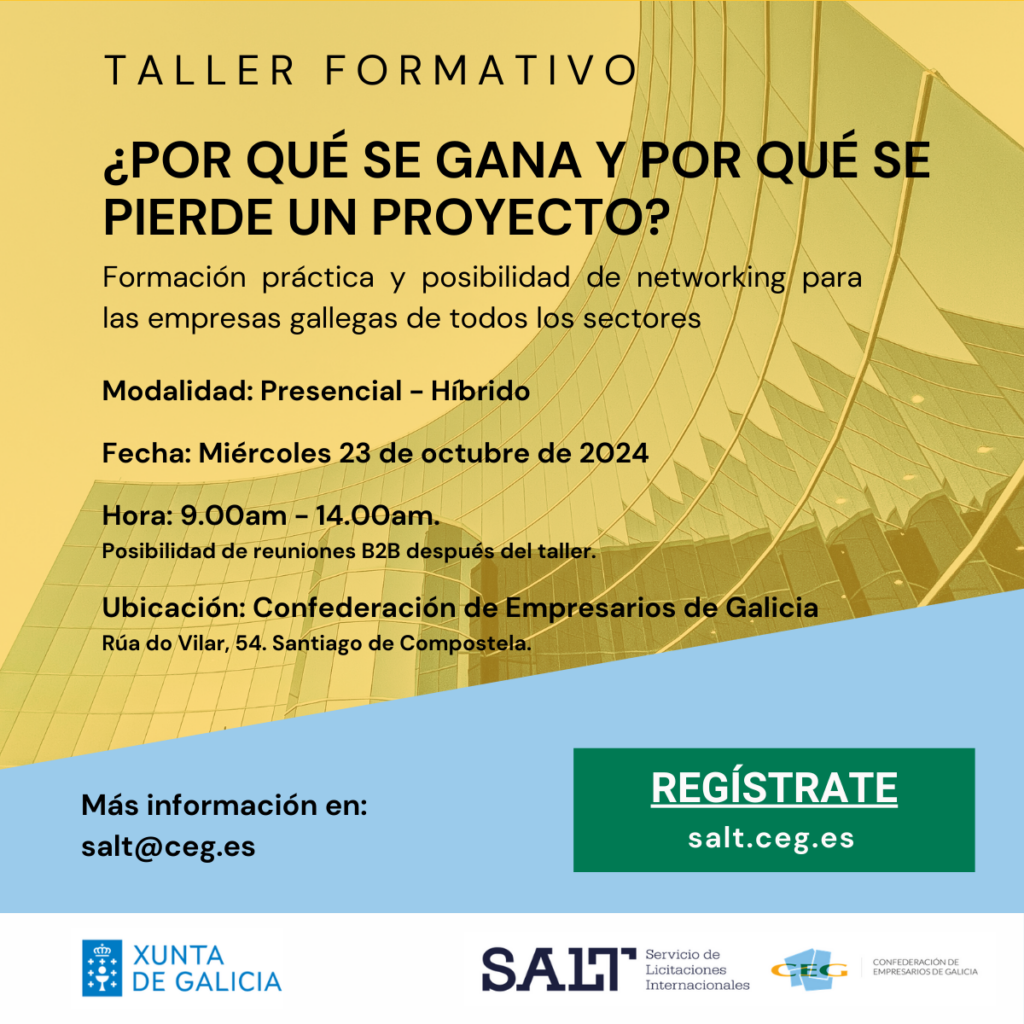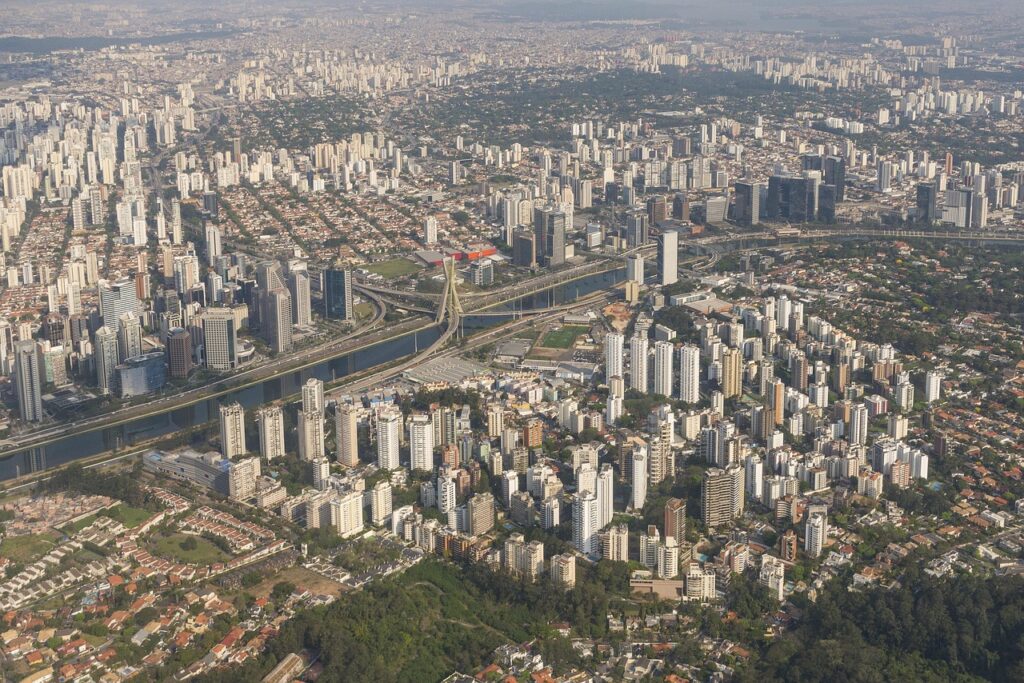News
VIII Meeting of Spanish bidding companies in Mérida
On February 20, the VIII Meeting of Spanish bidding companies took place in Mérida. The event began with the inauguration by the authority of Extremadura Víctor Píriz Maya, General Secretary of Economy, Business and Commerce of the Government of Extremadura, who presented the efforts that the Board makes to support Extremaduran companies interested in participating in bidding processes international collected in Decree 141/2022, of November 30 of the DOE.
Likewise, the inauguration also included the participation of José Mª Blasco Ruiz, Director of the Infrastructure, Health and ICT Division of ICEX, who presented the activity and services they develop in terms of international tenders. Specifically, he highlighted the direct and reverse missions by sectors and multilateral conferences, with the next one in Brazil scheduled for June of this year.
Round Table: ”Opportunities in the multilateral market in Latin America”
Speakers:
- Jean-Jacques Verdeaux, Procurement Manager for Latin America and the Caribbean, World Bank.
- Mauricio Chacón, Chief Representative Officer, Spain and Europe Representative Office, Central American Bank for Economic Integration.
- Rafael Hoyuela, Global Mobilization and Alliances Management, Development Bank of Latin America, and the Caribbean (CAF).
- Carmen Monteagudo Cuesta, Coordinator – Public Sector and Alliances with IFI Department of the FONPRODE and Financial Cooperation Office, Spanish Agency for International Development Cooperation (AECID).
- Ana Ríos Gálvez, Senior Specialist in Natural Resources of the Environment and Rural Development Division, Inter-American Development Bank (IDB).
Each of the speakers outlined the financing, strategic sectors, and projects they are executing in order to inform Spanish companies. The idea was also stressed that the delegations and offices of the banks both in Madrid and in Latin American countries are open to support Spanish companies.
During the table, the competitive advantage that Spain has as a shareholder partner of the banks was highlighted, and emphasis was placed on the opportunity that Spanish companies should establish themselves in Latin America. Even in competition issues, China’s role as the main competitor was highlighted, but even so Spain has this competitive advantage. While China focuses on competing on price, Spain tends towards quality and that is also valued in the technical proposals.
Highlight the intervention of Rafael Hoyuela, who stood out the growth that CAF is having and the important role that Spain is expected to play, especially the private sector, to achieve the objectives of the 2030 agenda. He encouraged companies to rely on the means at their disposal such as commercial offices and to contact the authorities of the countries in which they work to obtain first-hand information on the status of the projects that are being executed and are expected to be executed in the near future.
Regarding the representative of AECID, Carmen Monteagudo, she presented the alliances that Spain has strengthened at the European level with the rest of the Cooperation and Development Agencies, strategic sectors in which Spain will finance opportunities through FONPRODE, the framework for the Global Gateway and stressed the importance of knowing the acquisition policies of the countries and financing banks for the fulfillment of the projects. Likewise, she also commented on AECID’s collaboration with the IDB in projects in different regions such as Honduras and the Dominican Republic.
Workshop 1: “Water and sanitation”
Speakers:
- Rafael Hoyuela – Development Bank of Latin America and the Caribbean (CAF).
- Ana Lily Mejía, Specialist in Productive Infrastructure of the Project Formulation Department, Central American Bank for Economic Integration.
- Success case company: Bioazul – Andalusia.
One of the aspects on which the different speakers agreed is that water is a strategic sector for the development of Latin America but its distribution is asymmetrical, with areas where access to drinking water is not possible. One of the premises for public-private collaboration in this sector is that companies can offer innovative solutions for complex cases such as the Panama Canal.
Among the recommendations of the Bioazul company for future bidders we highlight business planning ahead of time, balancing risks with consortia, not taking situations for granted and sending experts to the field to corroborate the information. Regarding project guarantees, this situation must be accepted since it involves public money, and the degree of responsibility is greater.
Workshop 2: “Agriculture, rural development and environment”
Speakers:
- Ana Ríos Gálvez – Inter-American Development Bank.
- Carmen Monteagudo Cuesta – Spanish Agency for International Development Cooperation (AECID).
- Success story company: Magnus Nature – Extremadura.
During this table, the collaborations on the environment between AECID and IDB were presented. Likewise, the Spanish speaker highlighted the first collaboration of AECID with the WB that will take place soon, but no further details were revealed. Another of the cooperations that the Spanish agency will carry out is with the International Fund for Agricultural Development (IFAD) of the United Nations.
Regarding Magnus Nature’s intervention, she highlighted the importance of small companies relying on the tools that the public administration makes available to them. In their particular case, the tenders were a medium-long-term bet since at first, they tried to cover many countries, without success, and now they focus on three with a much stronger company positioning and greater knowledge of the market and country. This strategy allowed it to build collaboration networks and contacts with important local agents.
Workshop 3: “Energy”
Speakers:
- Jean-Jacques Verdeaux – World Bank.
- Success story company: Esther Valdivia Loizaga, Environmental Division Director of INERCO Engineering, Technology and Consulting, S.A. – Andalusia.
The energy sector was described by the World Bank speaker as the most important sector currently for the World Bank. This is a strategic sector for the main reason of wanting to implement the change in the energy model in Latin America as soon as possible. The on-shore and off-shore wind energy sectors, photovoltaic panels, and other technologies for the production of sustainable energy will be among the most financed projects in the entire region.
The case of the company INERCO is a large company with years of experience in international tenders. In the beginning they began with their expansion in Colombia through a partnership and because of this, opportunities began to arise in other countries. It currently has a physical presence in Europe (Spain and Portugal), the United States, Latin America (Brazil, Chile, Colombia, Mexico, and Peru), Asia (India) and the Middle East (Abu Dhabi). He highlighted that the selection of partners is always very rigorous since the fact that one of the consortium partners is sanctioned is also the entire consortium. Among the projects in which they participated, a consultancy for the construction of Bogotá metro line 1 stands out.





